25 Jan 2019
Wren Therapeutics secures £18 million in funding to tackle protein misfolding diseases
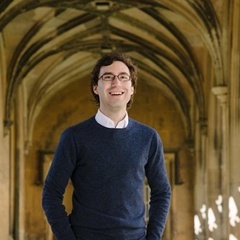
15 Jan 2019
GPs could use breast cancer 'calculator' to predict risk to women

7 Jan 2019
Automated phone calls may help patients to take medicines as prescribed, pilot study suggests

11 Dec 2018
Cambridge receives £100 million for major new children’s hospital

5 Dec 2018
“Placental organoids” could be the future of pregnancy and conception research say researchers

29 Nov 2018
AI system may accelerate search for cancer discoveries
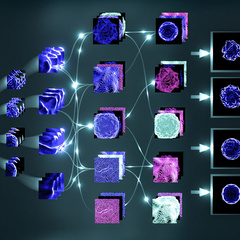
5 Nov 2018
Microsoft to support AI research at Cambridge University
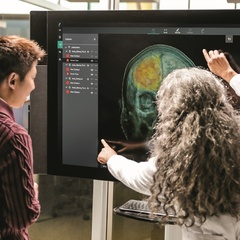
31 Oct 2018
3D ‘organ on a chip’ could accelerate search for new disease treatments
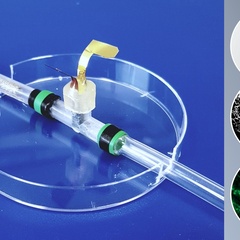
18 Oct 2018
Many cases of dementia may arise from non-inherited DNA ‘spelling mistakes’

17 Oct 2018
Targeting hard-to-treat cancers

3 Oct 2018
Professor Sir Greg Winter wins the 2018 Nobel Prize in Chemistry
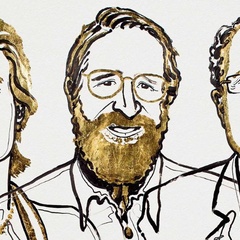
27 Sep 2018
Mitochondrial diseases could be treated with gene therapy, study suggests
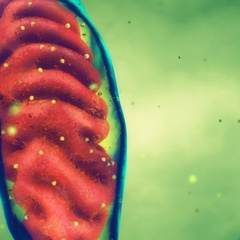
27 Sep 2018
Scientists reveal plan to target the cause of Alzheimer’s disease
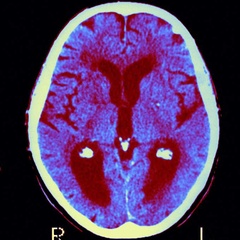
27 Sep 2018
New research facility for neurodegenerative disorders opened in Cambridge
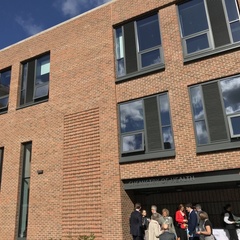
18 Sep 2018
Bereavement triggers development of low-cost AI heart monitor

